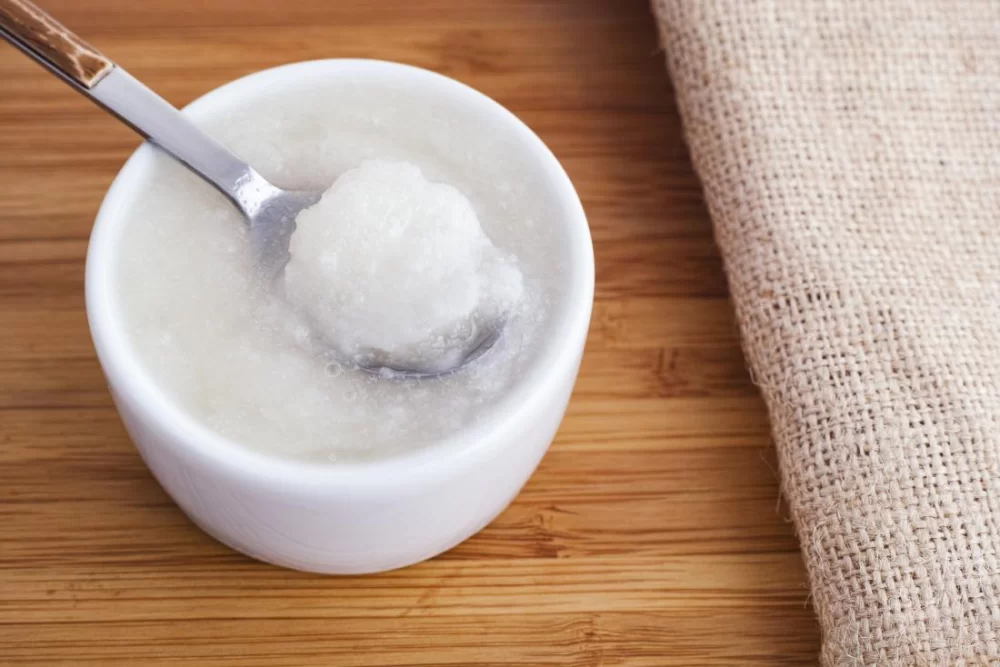
How to Reduce Tooth Sensitivity Naturally: Effective Tips for Relief
- Understanding Tooth Sensitivity
- Common Causes of Tooth Sensitivity
- Natural Remedies for Tooth Sensitivity
- Preventing Tooth Sensitivity: Tips and Tricks
Understanding Tooth Sensitivity
If you’ve ever experienced a sharp, painful sensation when eating ice cream or drinking hot beverages, you know what tooth sensitivity feels like. I’ve been there myself. It’s a frustrating and often uncomfortable issue that affects many people. Tooth sensitivity occurs when the inner part of the tooth, known as the dentin, becomes exposed due to the wearing away of the enamel or gum recession. This exposure makes it easier for hot, cold, sweet, or acidic substances to irritate the nerves inside the tooth, causing pain and discomfort.
Over the years, I’ve learned that managing tooth sensitivity naturally is possible with a few simple adjustments to your daily routine. It’s all about treating the underlying causes and finding the right remedies that work for your individual needs. If you’ve been dealing with tooth sensitivity, you may be wondering what causes it and how to ease the discomfort naturally. Let’s dive into some common causes and explore effective natural solutions.
Common Causes of Tooth Sensitivity
To begin addressing tooth sensitivity, it’s important to understand what triggers the discomfort. Over time, I realized that certain habits or conditions could increase the risk of sensitivity. Here are some of the most common causes:
- Worn enamel: Enamel is the protective outer layer of your teeth, and when it wears down, the dentin beneath becomes exposed. This was something I learned when my dentist explained how brushing too aggressively with a hard toothbrush can gradually wear down enamel.
- Gum recession: Gum recession can expose the roots of your teeth, which are more sensitive than the rest of the tooth. I remember being surprised when my dentist pointed out that my gums were receding due to poor oral hygiene and aging.
- Tooth decay: Cavities and tooth decay can also lead to sensitivity. If a cavity is near the surface of the tooth, it can cause discomfort when eating or drinking certain foods. I had experienced this firsthand when a small cavity caused me pain after drinking a cold beverage.
- Teeth grinding (bruxism): Grinding your teeth, often done unconsciously during sleep, can lead to worn enamel and increased sensitivity. I discovered that I grind my teeth while sleeping, which was contributing to my tooth discomfort.
- Acidic foods and beverages: Consuming foods and drinks high in acid, such as citrus fruits or sodas, can erode enamel over time, leading to sensitivity. I learned the hard way that drinking too much soda was damaging my enamel and making my teeth more sensitive.
Natural Remedies for Tooth Sensitivity
Once I understood what was causing my tooth sensitivity, I started looking for natural ways to reduce the discomfort. Fortunately, there are several effective remedies that can help soothe sensitive teeth. Here are some of the best natural solutions that worked for me:
1. Use a Desensitizing Toothpaste
Switching to a toothpaste designed for sensitive teeth was one of the first steps I took. These toothpastes contain compounds that block the tubules in the dentin, preventing stimuli from reaching the nerves. I personally found relief after using a desensitizing toothpaste regularly. It took a few days to notice a difference, but the results were worth it.
2. Try Saltwater Rinses
Rinsing with warm saltwater is a simple and natural way to soothe irritated gums and teeth. The salt helps reduce inflammation and bacteria, which can contribute to sensitivity. I started rinsing with saltwater a few times a week, and it helped reduce both the pain and swelling I had been experiencing.
3. Avoid Acidic Foods and Drinks
As I mentioned earlier, acidic foods and drinks can contribute to enamel erosion and worsen tooth sensitivity. To reduce sensitivity, I made a conscious effort to avoid or limit my intake of acidic substances like citrus, tomatoes, and sodas. It wasn’t always easy, but the improvement in my sensitivity was noticeable after cutting back on these foods.
4. Use Coconut Oil for Oil Pulling
Oil pulling with coconut oil is an ancient practice that helps remove bacteria and promote oral health. I found that swishing coconut oil around my mouth for 10-15 minutes each day helped reduce inflammation and improved the overall health of my gums and teeth. It’s a natural and gentle way to care for sensitive teeth.
5. Apply Clove Oil
Clove oil has been used for centuries as a natural remedy for toothaches and sensitivity. It contains eugenol, which has numbing properties. I applied a small amount of diluted clove oil directly to my sensitive teeth, and the relief was almost immediate. Just be careful to use it sparingly, as clove oil can be strong if applied directly to the gums.
Preventing Tooth Sensitivity: Tips and Tricks
While natural remedies can help manage tooth sensitivity, prevention is always the best approach. I took a few additional steps to help reduce the likelihood of developing sensitivity in the future:
1. Brush Gently with a Soft-Bristled Toothbrush
One of the most important things I learned in my journey to reduce tooth sensitivity was to brush gently with a soft-bristled toothbrush. Brushing too hard or with a toothbrush that’s too stiff can damage the enamel and irritate the gums. After switching to a soft toothbrush and adopting a gentler brushing technique, my teeth felt healthier and less sensitive.
2. Protect Your Teeth from Grinding
If you grind your teeth, consider wearing a mouthguard while you sleep. This can help prevent further wear on your enamel and reduce sensitivity. I began wearing a custom night guard after discovering that I grind my teeth at night, and it helped protect my teeth from additional damage.
By following these preventive measures and using natural remedies, I was able to significantly reduce my tooth sensitivity over time. If you’re struggling with sensitive teeth, these tips could help provide the relief you need. For more information on managing sensitive teeth and finding the best solutions, I recommend visiting Dentistry Toothtruth, where you can learn more about natural tooth care and other dental solutions.







 Smith Orthodontics4.0 (135 review)
Smith Orthodontics4.0 (135 review) Smiles Orthodontics4.0 (158 review)
Smiles Orthodontics4.0 (158 review) Arlington Family & Cosmetic Dental Associates4.0 (121 review)
Arlington Family & Cosmetic Dental Associates4.0 (121 review) Advanced Family Smile Care P.C.4.0 (237 review)
Advanced Family Smile Care P.C.4.0 (237 review) Simply Dental Clinic0.0 (0 review)
Simply Dental Clinic0.0 (0 review) MGK Dental0.0 (0 review)
MGK Dental0.0 (0 review) The Importance of Oral Health Education During Pregnancy for a Healthy Pregnancy
The Importance of Oral Health Education During Pregnancy for a Healthy Pregnancy Best Tips for Brushing Your Teeth Properly for Healthy Gums: Essential Techniques for Oral Health
Best Tips for Brushing Your Teeth Properly for Healthy Gums: Essential Techniques for Oral Health Why Skipping Dental Checkups Can Lead to Bigger Oral Health Problems
Why Skipping Dental Checkups Can Lead to Bigger Oral Health Problems Advantages of Porcelain Dental Restorations
Advantages of Porcelain Dental Restorations How Can Diabetes Cause Tooth and Gum Problems? Preventing and Managing Oral Health Issues
How Can Diabetes Cause Tooth and Gum Problems? Preventing and Managing Oral Health Issues Healthy Habits for Promoting Good Oral Health and Hygiene: Tips for a Healthy Smile
Healthy Habits for Promoting Good Oral Health and Hygiene: Tips for a Healthy Smile